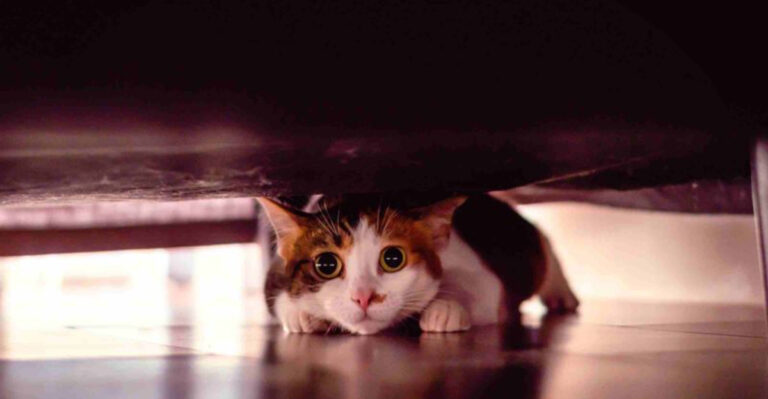Do Pets Improve Or Worsen Your Mental Health?
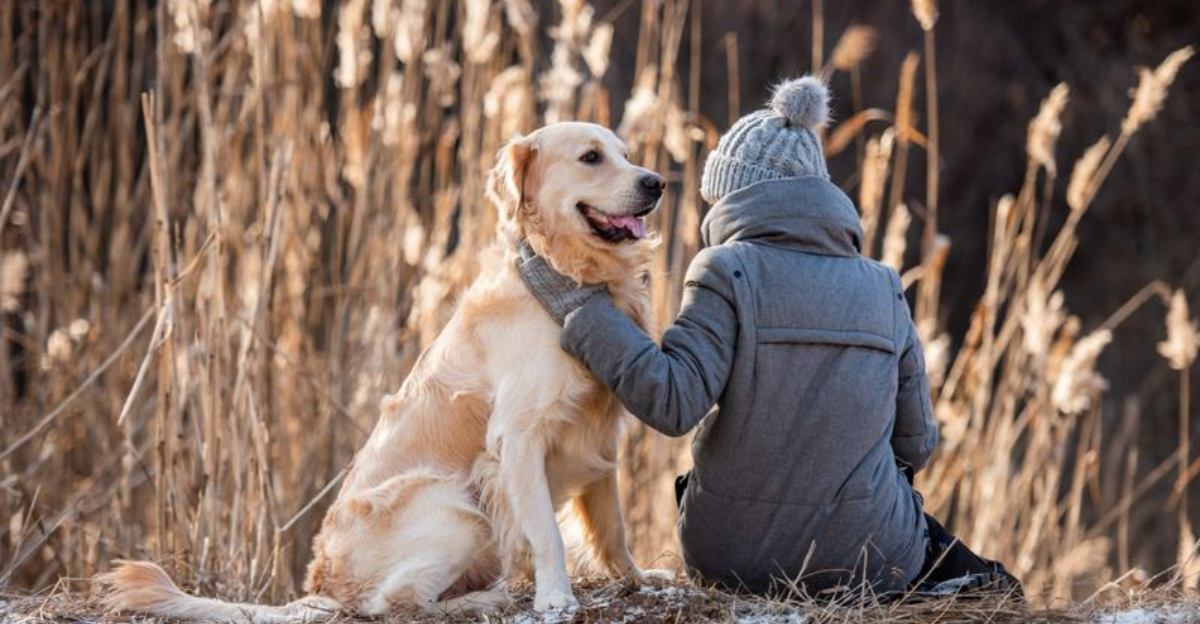
The furry friends who share our homes do more than just eat our food and shed on our furniture – they might be secretly shaping our mental wellbeing too.
From the tail-wagging welcome after a tough day to the occasional midnight barking session that leaves you bleary-eyed, pets influence our emotional health in surprising ways.
Understanding these effects can help you decide if adding a four-legged therapist to your family is the right move for your mental health journey.
1. Stress-Busting Cuddle Sessions
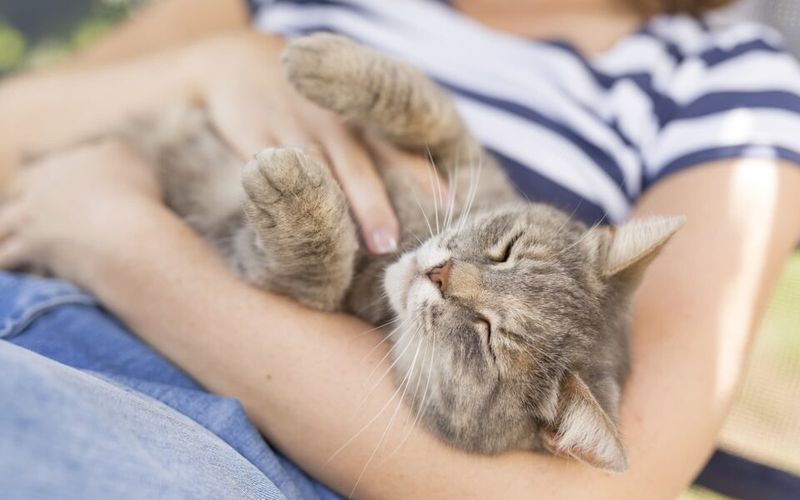
Nothing melts away tension like stroking a purring cat or petting a relaxed dog. These simple interactions actually lower your cortisol levels – the hormone responsible for stress.
Your body responds to this contact by releasing oxytocin, the same feel-good chemical that bonds mothers to babies. Even just 10 minutes of petting can provide hours of stress relief.
2. Structured Routine Builders
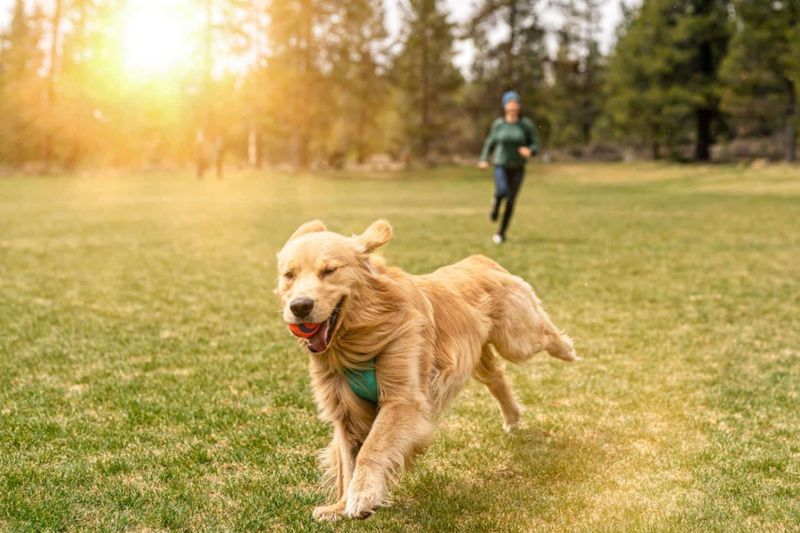
Feeding schedules, walking times, and play sessions create natural rhythms in your day. For people battling depression or anxiety, this gentle structure offers valuable anchors when everything else feels chaotic.
Morning walks force you outside, regardless of mood. Evening feeding rituals signal day’s end. These consistent pet-care moments can stabilize emotional well-being surprisingly well.
3. Unexpected Responsibility Pressure

The flip side of pet ownership? Sometimes that furry friend becomes one more thing on your overwhelming to-do list. When you’re already struggling with mental health challenges, pet responsibilities can feel insurmountable.
Litter boxes need cleaning. Dogs need walking – rain or shine, good day or bad. This constant care requirement might intensify anxiety or guilt when you’re not at your best.
4. Natural Conversation Starters
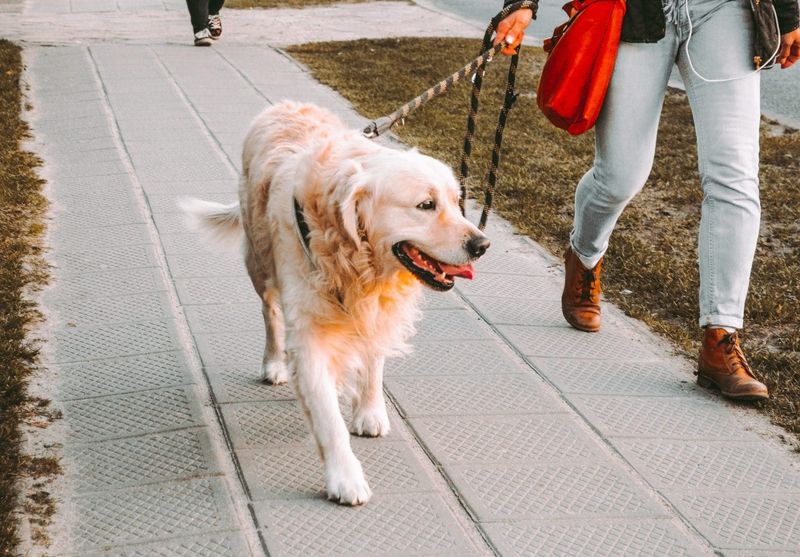
Walking with a friendly dog practically guarantees social interactions. These brief exchanges with fellow pet owners or admirers build community connections that combat loneliness.
For people with social anxiety, pets provide an external focus during conversations. Discussing your furry friend feels easier than talking about yourself. These low-pressure social opportunities gradually build confidence in broader social settings.
5. Unconditional Acceptance Champions
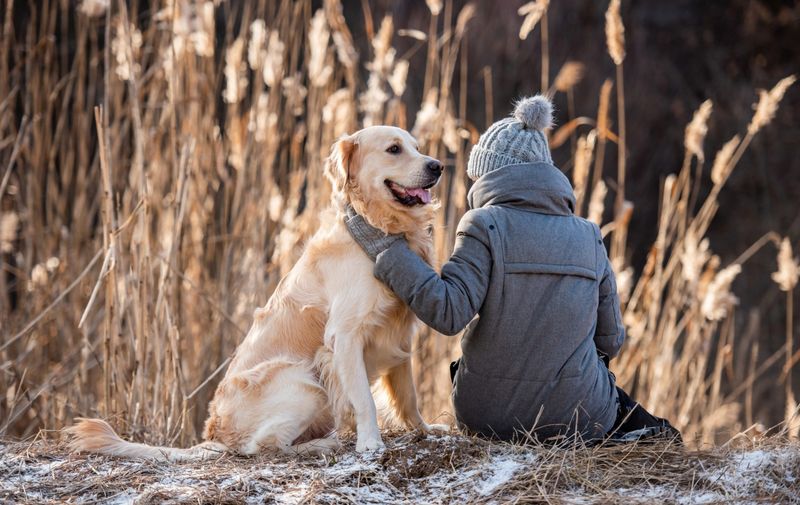
Your worst day, biggest mistake, or lowest moment – your pet couldn’t care less. They offer the same enthusiastic greeting regardless of your appearance, achievements, or failures.
This judgment-free relationship provides a unique emotional safety net. When human relationships feel complicated or conditional, the simple acceptance from a pet can restore self-worth and emotional balance during difficult mental health periods.
6. Financial Strain Considerations
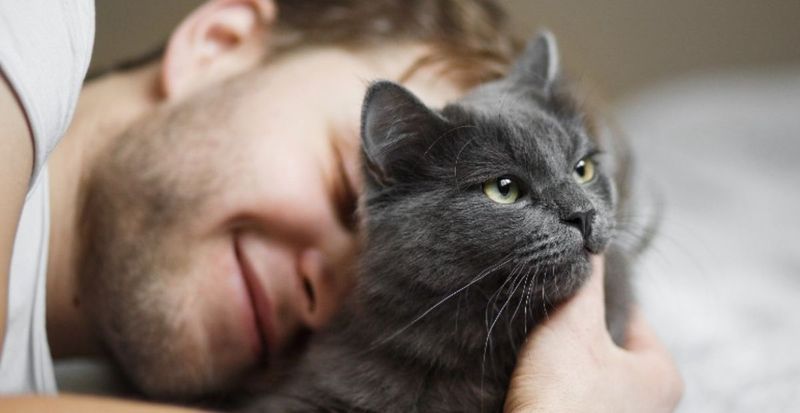
Surprise vet bills can deliver serious financial shock. An unexpected $1,000 emergency visit might trigger anxiety or depression, especially if you’re already financially stretched.
Regular expenses add up too – quality food, preventative care, grooming, and toys aren’t cheap. For those whose mental health is affected by financial worries, these ongoing costs should factor into the pet ownership decision.
7. Mindfulness Moment Creators

Watching fish glide through water or observing a cat’s careful grooming ritual naturally pulls you into the present moment. These quiet observations function as informal mindfulness practice.
Unlike meditation apps that require conscious effort, pets effortlessly draw your attention away from rumination. Their simple existence in your space creates natural pauses in thought patterns that might otherwise spiral into anxiety or depression.
8. Sleep Disruption Possibilities
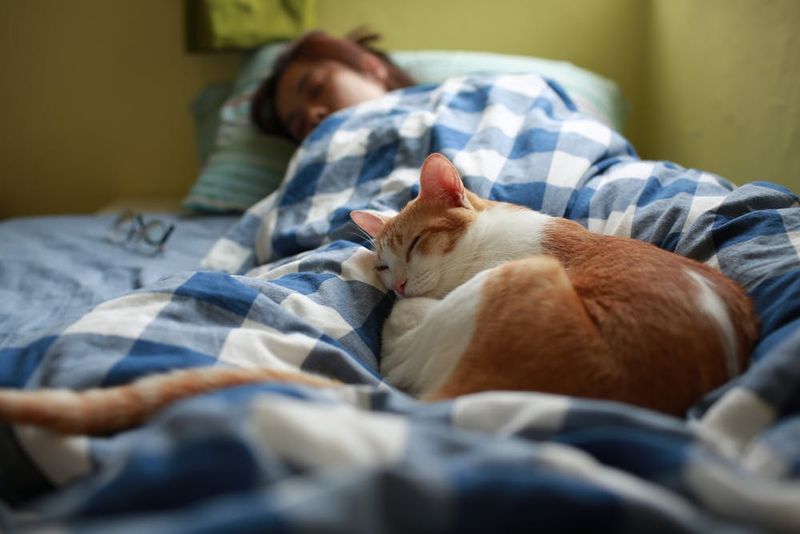
Midnight zoomies, 5 AM breakfast demands, or simply hogging the bed – pets can seriously impact sleep quality. Since sleep and mental health are closely linked, these disruptions might worsen conditions like depression or anxiety.
Even loving pet owners sometimes struggle with fragmented sleep. Training helps, but some animals naturally disturb sleep patterns, potentially creating a challenging trade-off between daytime emotional benefits and nighttime rest.
9. Physical Activity Motivators

Dogs especially excel as personal trainers who never cancel. Regular walks, play sessions, and outdoor adventures increase your physical activity without feeling like exercise.
This movement naturally boosts endorphins and improves mood. For those battling depression, having a reason to move when motivation is low can be transformative. Even indoor pets encourage more movement than you might realize.
10. Grief Amplification Risk

The heartbreaking reality? Pet lifespans are shorter than ours. Losing a beloved animal companion can trigger profound grief that’s often underestimated by others.
For someone already managing depression or emotional vulnerability, this loss can be devastating. The intensity of pet loss grief sometimes surprises even experienced pet owners, creating a significant mental health consideration when bringing animals into your life.
11. Sensory Comfort Providers

The weight of a cat on your lap or the rhythmic sound of a dog’s breathing creates powerful sensory grounding. These physical sensations can interrupt anxiety attacks or provide comfort during emotional distress.
For those with sensory processing sensitivities, certain pets offer predictable, controllable sensory experiences. The deep pressure of a heavy cat or the repetitive motion of stroking fur works similarly to weighted blankets or fidget toys.
12. Identity And Purpose Reinforcement

Being someone’s person – the human your pet relies on completely – creates a powerful sense of purpose. This role remains constant even when other identities (worker, friend, partner) feel unstable.
For those navigating depression or identity challenges, this consistent role provides valuable emotional anchoring. The simple daily reminder that you matter fundamentally to another living being can sustain mental health during difficult transitions.


